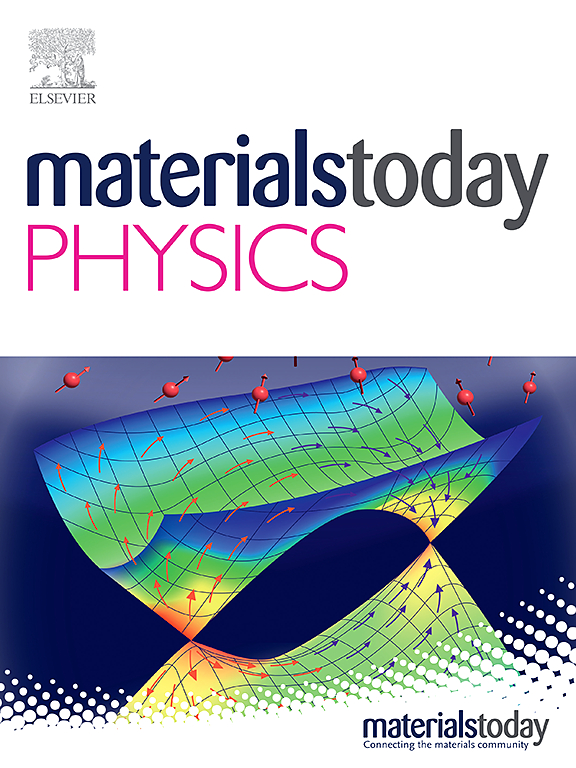Textured elastomeric interface actuated sustainable and bacteriostatic sensors for wearable electronics in healthcare
IF 10
2区 材料科学
Q1 MATERIALS SCIENCE, MULTIDISCIPLINARY
引用次数: 0
Abstract
Flexible pressure sensors are highly demanded to digitize physical and biological signals for therapeutic and healthcare analyses, yet facing significant challenges for long-term wearability due to bacterial adhesion that compromises the data stability in addition to hygiene concerns. To date, few studies address the impact of bacterial adhesion on sensor performance, durability, and lifespan under prolonged wearing conditions. Herein, we investigate the performance stability of wearable flexible sensors under prone bacterial growth environment, where micro-nano elastomeric interface, designed to enhance sensing performance effectively inhibit bacterial adhesion and resist biofilm formation. The antibacterial mechanisms are through created interfacial energy gradients by nano-pillar structures and disabled bacterial interaction by micron-scale interwoven structures to block signaling paths through parallel concave lines. The adhesion rates of Escherichia coli and Staphylococcus aureus can be reduced by over 90 %, resulting less than 2.69 % sensing signal variation, which substantially mitigate the detrimental effects of biofouling on pulsatile waveform detection when wearing. The resulted wearable sensor ensures reliable healthcare monitoring continuously through the day. This study unravel sensor design strategy by incorporating tailored micro-nanostructured elastomeric sensing film to ensure pressure sensor performance yet enhanced sensor's hygiene effectiveness for wearability and longivity.

用于医疗保健中可穿戴电子设备的可持续性和抑菌传感器的纹理弹性界面
柔性压力传感器是高度要求数字化的物理和生物信号的治疗和医疗保健分析,但面临重大…
本文章由计算机程序翻译,如有差异,请以英文原文为准。
求助全文
约1分钟内获得全文
求助全文
来源期刊

Materials Today Physics
Materials Science-General Materials Science
CiteScore
14.00
自引率
7.80%
发文量
284
审稿时长
15 days
期刊介绍:
Materials Today Physics is a multi-disciplinary journal focused on the physics of materials, encompassing both the physical properties and materials synthesis. Operating at the interface of physics and materials science, this journal covers one of the largest and most dynamic fields within physical science. The forefront research in materials physics is driving advancements in new materials, uncovering new physics, and fostering novel applications at an unprecedented pace.
 求助内容:
求助内容: 应助结果提醒方式:
应助结果提醒方式:


